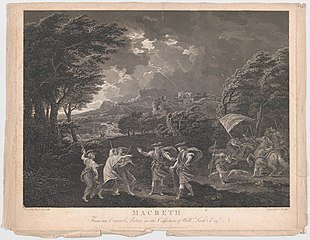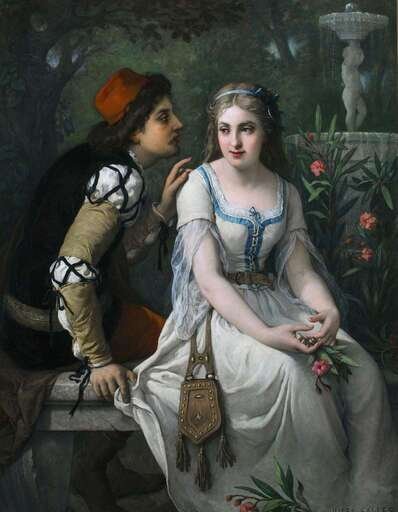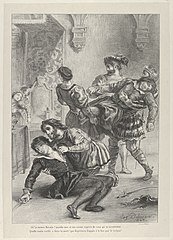Hamlet is a tragedy written by William Shakespeare, marking one of his most iconic works.
The following themes of Hamlet explore revenge, madness, mortality, and the complexity of human nature, offering timeless insights that resonate with contemporary audiences.

Themes of Hamlet
Following are the key themes of Hamlet………
Revenge
Hamlet’s determination to avenge his father’s murder is evident when he says, “So oft it chances in particular men / That for some vicious mole of nature in them, / As in their birth—wherein they are not guilty, / Since nature cannot choose his origin— / By the o’ergrowth of some complexion, / Oft breaking down the pales and forts of reason, / Or by some habit that too much o’erleavens / The form of plausive manners, that these men, / Carrying, I say, the stamp of one defect, / Being nature’s livery, or fortune’s star, / Their virtues else—be they as pure as grace, / As infinite as man may undergo— / Shall in the general censure take corruption / From that particular fault.”
Madness
Hamlet’s feigned madness is demonstrated when he tells Polonius, “Were you not sent for? Is it your own inclining, / Is it a free visitation? Come, deal justly with me.”
Deception
Claudius’s deception is revealed when he speaks of his guilt in a soliloquy, saying, “O, my offence is rank, it smells to heaven; / It hath the primal eldest curse upon ’t, / A brother’s murder.”
Daily Test - Attempt Now
Moral Corruption
Hamlet comments on the moral corruption in the Danish court when he says, “The time is out of joint: O cursed spite, / That ever I was born to set it right!”
Family
Hamlet’s complex relationship with his mother is evident when he confronts her, saying, “Frailty, thy name is woman!”
Death
Example: Hamlet contemplates the nature of death when he says, “To die, to sleep— / No more—and by a sleep to say we end / The heart-ache and the thousand natural shocks / That flesh is heir to—’tis a consummation / Devoutly to be wished.”
The Human Condition
Hamlet’s existential reflection on life and death is prominent in his famous soliloquy: “To be or not to be, that is the question.”
Also, Read

Themes of Macbeth

Themes of Romeo and Juliet

